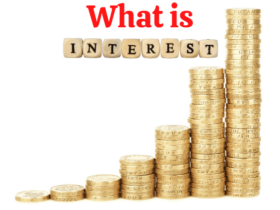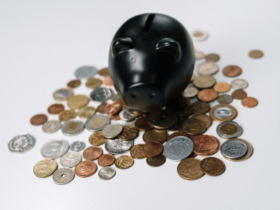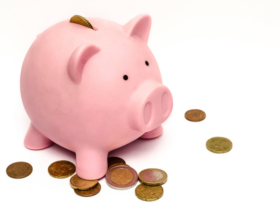What are Money Market Accounts? Money market account is deposit accounts offered by banks and credit unions.
A money market account is like a savings account. You deposit a certain amount of money, and you get a nominal return on that money.
If you open one of these accounts with the bank, your deposit is insured by the Federal Deposit Insurance Corporation (FDIC). In contrast, the National Credit Union Administration (NCUA) insures money market account in credit unions.
A money market account is insured by the FDIC (NCUSIF if you are using a credit union), so even if your bank is closed, you will still get your money (up to the insurance limit of course). See about How To Switch Bank Accounts.
Versatile accounts allow consumers to deposit, withdraw, or transfer money and combine the characteristics of both savings and checking accounts.
Money market account pays a higher interest rate than regular passbook savings accounts and often include check writing and debit card privileges.
The Money market account is often confused with money market funds, which are mutual funds offered by investment companies.
Money market funds are classified as cash equivalents and are not FDIC- or NCUA-insured. You can easily convert them into cash, but you can also lose the money you invested in the money market.
How do Money Market Accounts work?
Money market account offered in traditional and online banks and credit unions.
They have both advantages and disadvantages when compared to other types of accounts.
Money market account works like other deposit accounts, such as savings accounts. As customers deposit money in a money market account, they earn interest on those funds.
Interest on money market account paid daily and paid monthly. Money kept in a money market account comes out when you need it, without any penalty, as you can with a certificate of deposit.
Their benefits include high interest rates, insurance protection, and check-writing and debit card privileges.
Banks and credit unions generally require customers to deposit a certain amount to open an account and to keep their account balance above a certain level.
Money market accounts are available from brick and mortar banks and credit unions as well as many online banks.
Online banks can offer higher rates as they have lower overhead than traditional banks.
Money Market Account vs. Savings Accounts
Both accounts earn interest and provide easy access to cash allowing you to withdraw money on demand up to the withdrawal limit.
Money market accounts generally offer higher interest rates on deposits than savings accounts.
And unlike savings accounts, they can double as spending accounts because many money market accounts come with check-writing privileges and a debit card for purchases or additional withdrawals.
Despite offering more ways to spend, money market accounts offer less liquidity than savings accounts. Because they usually require you to maintain a high minimum balance to avoid monthly maintenance fees.
Unlike savings accounts, many money market accounts offer certain check writing privileges and also provide a debit card with the account, much like a regular checking account.
Transaction Limits for Money Market Account
Money market account limited to just six transfers or per month (or statement cycle).
Money market account transactions may include:
- Check-writing
- Debit card purchases
- Transfers from one account to another
Best Ways to Use a Money Market Account
The money market account is a great vehicle to use to pursue both short-term and long-term savings goals.
They allow you to set aside specific funds from your everyday bank account to save for the future. An excellent bank account to use for a money market account is:
- Emergency funds
- Wedding expenses
- Vacation funds
- Tax payments
- Home renovation projects
- Saving for a new car
- Retirement savings
- Other short-term savings goals









